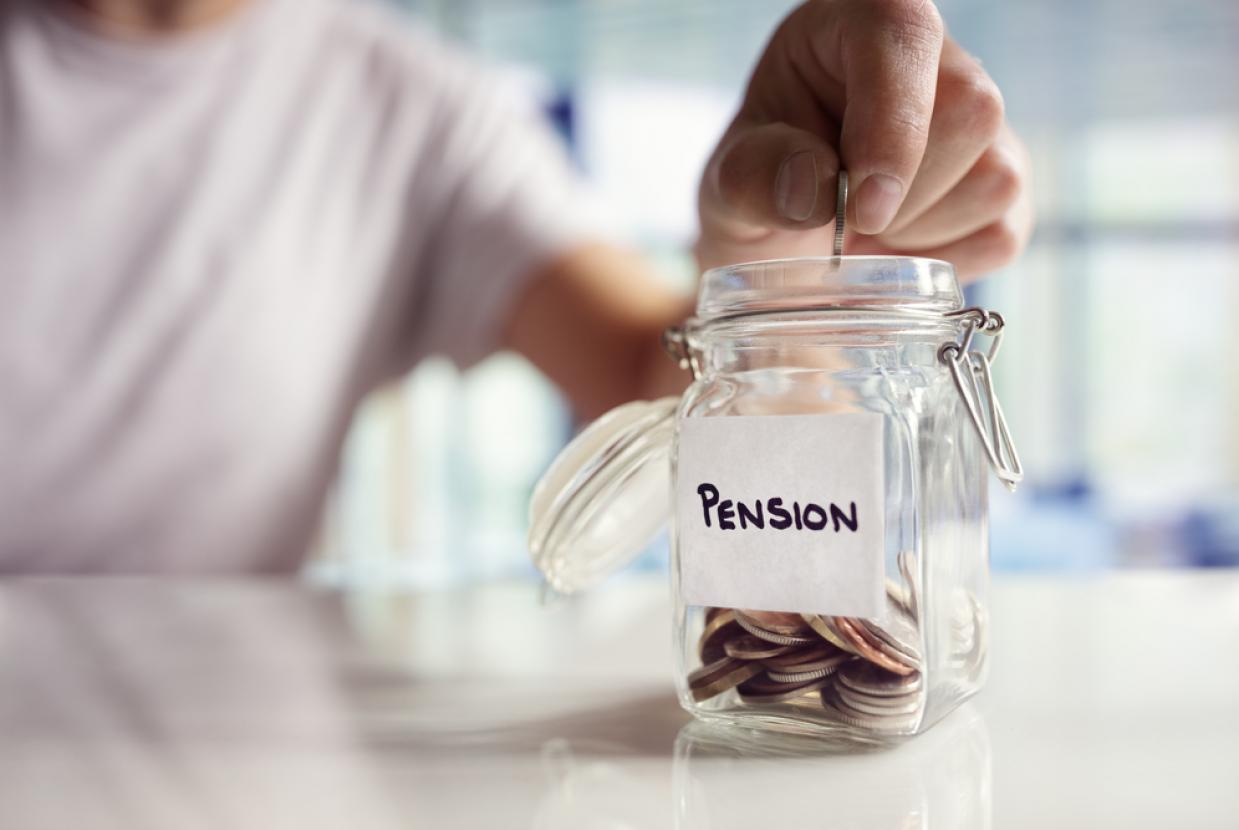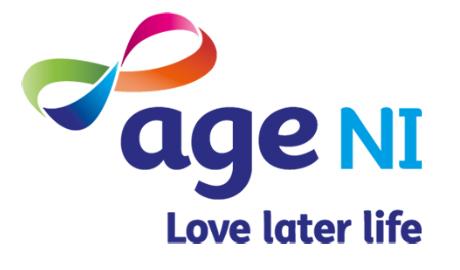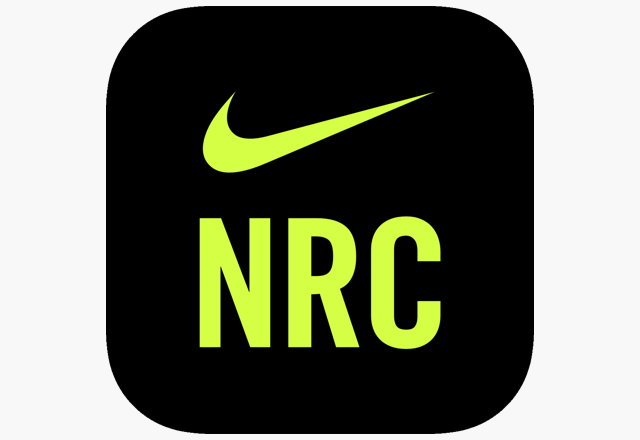Pensions Advice
AgeNI
There are many different pension schemes available to support you during retirement. Put simply, a pension scheme is a way of saving for later life, but with tax relief on your contributions.
Most people are entitled to a state pension when they reach state pension age, but you may also have a personal or a workplace pension. In this section, you can find free and impartial advice on pensions, annuities and retirement planning.
- The state pension - The State Pension gives you a regular income from the government once you reach State Pension age.
- Workplace pensions - Workplace pensions are set up by employers. Every employer must provide a workplace pension by April 2019.
- Annuities - An annuity is a type of insurance policy that can be bought using your pension and provide you with a regular income.
- Tracing old pensions - If you have had more than one job you may have multiple pensions. The Pension Tracing Service is free and can help.
- Pension Credit - Almost half of all pensioners are entitled to Pension Credit, yet around a third of those eligible are not claiming it.
- Pension scams - It’s possible to access your pension prior to retirement and invest in another way, but be wary of scammers. Find out more.
- What you can do with your pension pot - When you retire you can take a cash lump sum, choose an income drawdown scheme or buy an annuity with your pension pot.
For more information on pensions, click here.

































